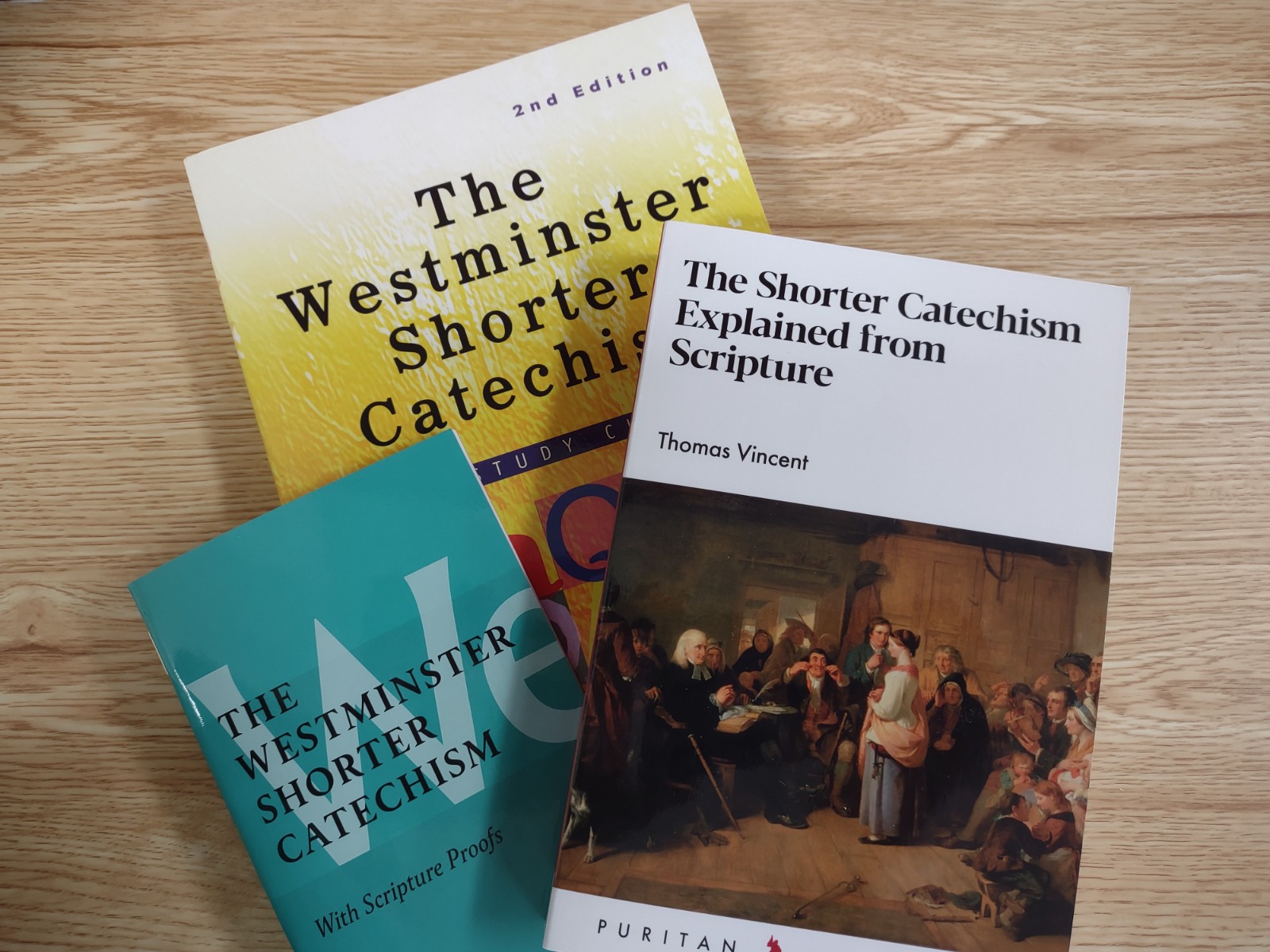Catechesis
At Providence Presbyterian Church we value catechesis. This simply means we value offering instruction on the Christian faith to our congregation outside the Sunday worship service. This instruction is offered regularly to all ages within the congregation. Our children receive this instruction during their Sunday school classes on Sunday from the Westminster Shorter Catechism. This happens for our youth and adults as they study the Westminster Confession of Faith on Wednesday evenings.
